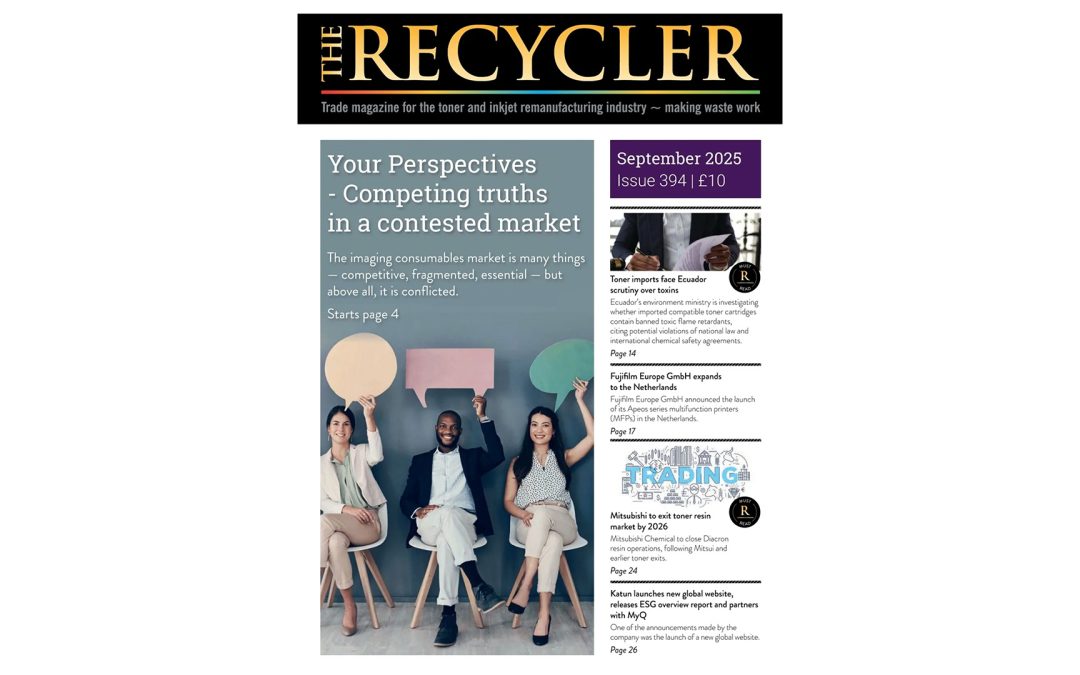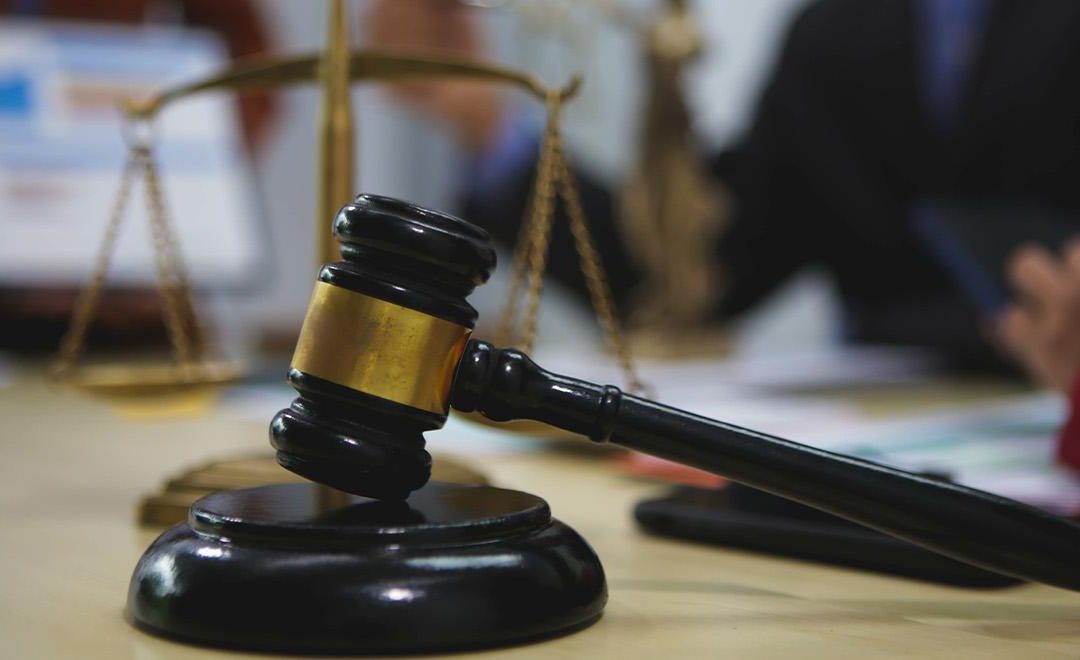 The US Copyright Office has ruled that citizens may break anti-piracy protections in order to fix various items themselves – including ink cartridges.
The US Copyright Office has ruled that citizens may break anti-piracy protections in order to fix various items themselves – including ink cartridges.
The changes mean that mechanisms established in order to prevent unauthorised repairs or changes, including firmware which disables third-party replacements for products such as printer cartridges, can be “legally circumvented” in order to fix or adapt items such as cartridges, smartphones, routers, tablets, and even cars and tractors, according to The Register.
The previous legal insistence – known as Digital Rights Management (DRM), was intended to prevent people using potentially “dodgy” replacements, but was ostensibly also to ensure customers had no choice but to pay for the official parts or services, often at higher cost than a third party alternative.
The new rules, however, which protects customers and allows them to “tinker” with their own devices as they please without being susceptible to copyright or privacy infringement, came into effect across the USA on October the 28th.
The Register, however, warns that “there are caveats you should be aware of” before you reach for the screwdriver.
One of the key stipulations of the news legislation is that while Americans can develop the necessary software or hardware to circumnavigate DRM, the selling or distribution of these toolkits remains prohibited – meaning that someone can pay you to repair or alter a product from them, but you can’t actually reveal how you did it.
Cory Doctorow, special adviser to the Electronic Frontier Foundation (EFF), explained the difference: “The ruling only granted use exemptions, but not tools exemptions,” he said. “Effectively the statute envisions you will make your own tools. It’s completely bonkers and unrealistic.”
He added that the new rules could lead to people “downloading what they think are newly legal repair tools that are actually spyware or some other malicious applications,” according to The Register.
“This means people will end up downloading tools that are illegal,” Doctorow continued. “If there’s going to be no legal aboveground tools market, you don’t know what you are getting. People could unknowingly be adding malware to their systems.”
There remains what The Register terms “a gray area” over the distribution of DRM-circumventing knowledge, with the website reporting that “distributing them as open-source or free downloads” is possibly forbidden.
Mitch Stoltz, the EFF’s Senior Staff Attorney, declared that “the laws are written quite broadly” and that therefore “the tool ban potentially includes open source tools”
“The law says it’s illegal to traffic these tools, which covers manufacturing and selling them, and potentially also teaching people about how to make and use them,” Stoltz added.
He further explained that once the US Copyright Office had granted exemptions, it wasn’t likely to rescind them, and paid tribute to its willingness to streamline the process in order to make progress this far. Doctorow, meanwhile, called the office “a political football,” saying that “some politicians want to bring it out of the administrative branch of government and make it the responsibility of Congress instead. That would give lobbyists a lot more power over proceedings. If the copyright office were to be ripped out of the Library of Congress then you could expect a more draconian regime as a result.”
Doctorow further argued that DRM’s legal protections should be simply stripped away altogether, legalising attempts to “outsmart” anti-piracy mechanisms within products, such as firmware within printers bricking out aftermarket cartridges. He observed that this could be achieved by 2025, although that goal is, he conceded, “aspirational.”




















